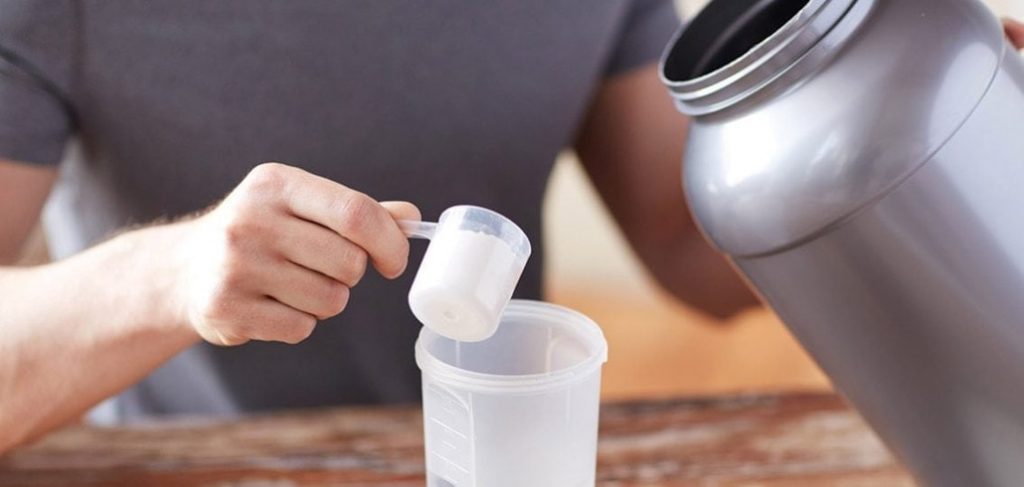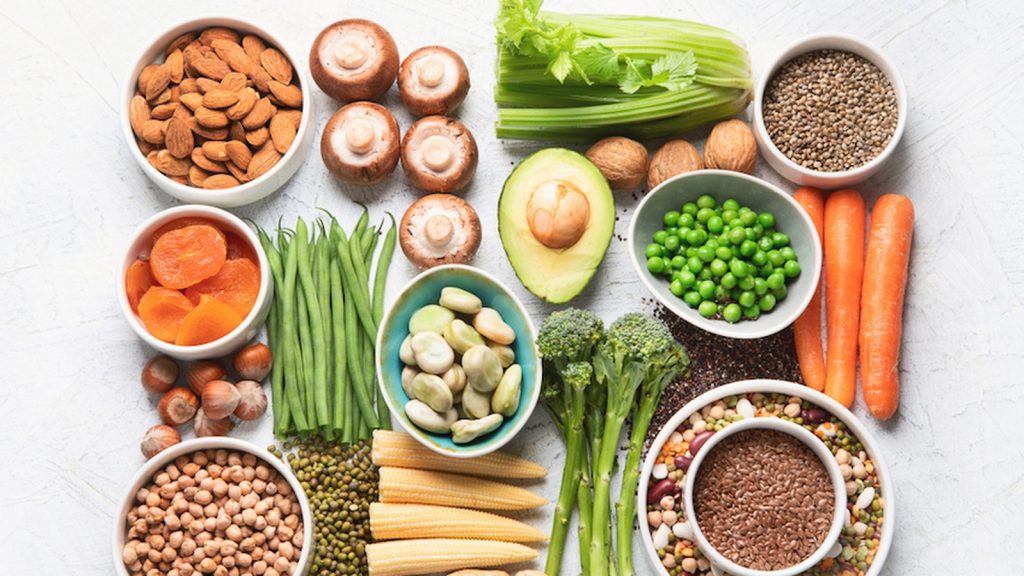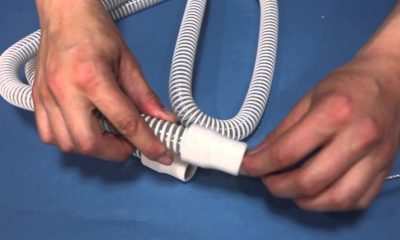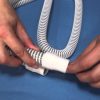Health & Beauty
The Scoop on Protein: The Right Supplements Can Benefit Your Body

Protein is essential for our bodies. Not everyone has the same requirement for protein intake. This depends on different factors, including body weight, muscle mass, age and physical activity. Protein is a vital macronutrient made of hundreds or thousands of smaller units called amino acids. It’s a nutrient that must be consumed every day to meet your body’s needs for protein. The dietary reference intake for protein is 0.36 grams per pound of body weight or 0.8 grams per kilogram.
Your body has a way of raising a flag when you’re protein-starved and you should listen to it.
Signs of Protein Deficiency
When dietary protein is in short supply, the body tends to get weaker and you no longer have energy for exercising. As a result, lack of protein leads to muscle wasting over time. So naturally, when protein intake is low, you’re losing muscle. This causes weakness, slows your metabolism, so you’re more likely to feel tired and nauseous.
Mood Changes

Your brain uses chemicals called neurotransmitters to pass on information between cells. Many of these neurotransmitters are made of amino acids, which are the building segments of the protein. A lack of protein nutrition could mean your body can’t make enough of those neurotransmitters, and that would negatively affect your brain functions. Studies have shown that a lack of protein could be linked to symptoms of depression, moodiness and aggression.
Immune System Prone to Sickness and Infections
Deficiency in essential amino acids (key to creating protein) can cause malfunctions in your immune system, plus you’ll feel a craving for unhealthy food. Weakened immune function may increase the risk of infections and cause a slow process of healing – a common symptom of severe protein deficiency in the human body.

There are other signs and symptoms we can go through but overall a good rule of thumb is to look at your skin, hair, and nails. Loss, damage, or redness in all three areas is unlikely to happen unless there is severe protein deficiency.
Who Needs to Use Protein Supplements?
You get a good amount of protein from eating a balanced whole foods diet. Protein is mostly found in lean meats, fish, poultry, dairy products, legumes, beans and nuts. However, if you’re sporting a lot, exercise, lift weights, hike often, run daily or you’re getting older and need to maintain muscle mass, you may need to add protein supplements to your diet. It all depends on your health and fitness goals.
Losing Weight
Consuming protein-rich shakes between meals is ideal for fat loss. It helps reduce the feeling of hunger which results in eating fewer calories later in the day while still feeling energized.
Building Muscle

Protein and other bodybuilding supplements promote muscle gain and improve performance and recovery. It’s been widely discussed what is the best window frame for drinking your protein shake, but the general conclusion is that it’s best to take it up to three hours post-workout. In case you exercised first thing in the morning, sit down for a meal right after you’re done.
Whey or Plant-Based Protein?
Generally speaking, milk-derived protein has an excellent safety profile and most people can consume it without problems. For some people with a sensitive stomach or with an allergy to dairy, eating too much whey protein can cause digestive issues. If you can’t tolerate regular whey protein concentrate, isolate or hydrolysate may be more appropriate. Alternatively, you could simply avoid whey protein and eat other protein-rich foods instead or try plant-based protein supplements.
Whey-free or vegan protein, on the other hand, is extracted from soy, hemp, pea, rice and other plant-based sources. When compared, whey protein is winning the argument of being complete with amino acids while some plant proteins or blends may be incomplete. But, from an environmental perspective, some research shows that it is much more efficient and cost-effective to eat plant foods than animal foods. However, both whey and plant-based protein powders provide protein, which can help you refuel after a workout and build muscle faster.

When choosing between whey and plant-based protein, your decision will be based on personal preference, including dietary choices and allergies. However, when you buy protein, make a habit of looking at the label. Many protein powders — both whey and plant-based — may have added artificial sweeteners, flavours and thickeners which you should preferably avoid.
Tips for Best Protein Absorption
It’s no secret that getting a night of good sleep, enjoying a rest-day from physical activities and drinking plenty of water all play a role in your protein absorption. In addition to choosing adequate protein sources and maintaining your overall well-being, you can also adopt certain habits to help build your muscle mass progressively.
Have Digestive Drinks Before a Meal
Occasional consumption of liquids such as ginger water, apple cider vinegar water, citrus juice, kombucha (fermented tea), will help activate your digestive system and break down your food better. This is because all of these drinks have probiotics and acids which are essential for your gut.
Food Synergy Is Important

Protein cannot be absorbed on its own therefore you need to take other nutrients with it such as vitamin B-6. You get a lot of B-6 (also knows as pyridoxine) from eating meat, and its primary purposes are to help enzymes break down protein and carry the dismantled amino acids to the bloodstream. Acidic foods, foods rich in fibre such as fruit and vegetables are your best friend, especially when eating a diet high in protein.
Don’t Be Afraid of Complex Carbohydrates
By consuming carbohydrates (starchy food, whole grains, nuts, seeds and dairy products) with your protein, your body releases insulin. Elevated insulin levels stimulate the absorption of amino acids, especially during weight lifting and intense physical activity.
As a proud Pisces known for the selflessness, Olivia joined up the blog fascinated by the idea she can help readers with info on topics and their related benefits like health and beauty, travel, food and drinks. When not writing, she likes to call it a day reading comic books in the company of her Tonkinese cat Chatty or binge-watching The Big Bang Theory with her SO like the nerd she is.

























